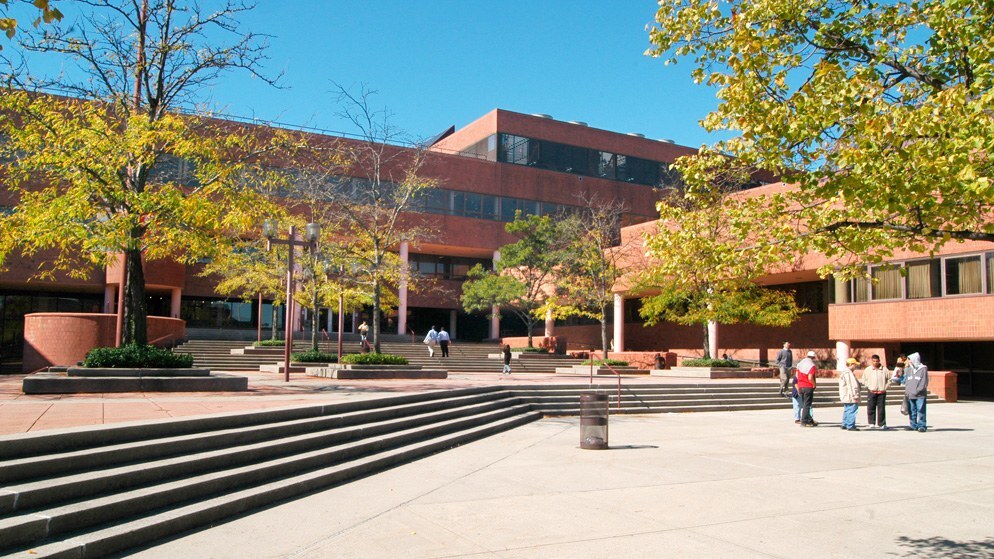York College has received more than $1 million in funding from Senator Kirsten Gillibrand to examine the environmental and health effects of climate change in southeast Queens.
The $1,344,622 grant awarded to York College is provided as part of the U.S. Environmental Protection Agency’s (EPA) “Cumulative Health Impacts at the Intersection of Climate Change, Environmental Justice, and Vulnerable Populations/Lifestages: Community-Based Research for Solutions” funding program.
The EPA recently announced $21,410,211 in grant funding to 16 institutions, including York College, to examine how climate change may compound adverse environmental conditions and stressors for vulnerable populations in underserved communities.
The funding will go toward CUNY’s “Studying Air Pollution-Health-Climate Interactions for People of Color in Southeast Queens, NY” community-based research project. The funds are part of EPA’s efforts to support community-based participatory research approaches that aim to empower underserved communities with science-based resilience-building solutions to protect their most vulnerable residents.
“These funds will fuel efforts to explore the impact of air pollution and climate change on our vulnerable communities in Southeast Queens,” Gillibrand said. “The research powered by this critical investment will further inform local air quality improvement and resilience efforts, helping to promote public health and build a more sustainable future for the borough.”
York College President Berenecea Johnson Eanes said the school community is grateful for the efforts of Gillibrand and members of the New York Delegation in championing the critical legislation.
“We are committed to supporting the well-being of our Southeast Queens neighbors, and under the leadership of York Environmental Sciences Professor Dr. Dawn Roberts-Semple, we will partner with community members to investigate issues that may affect community health so that more comprehensive policies can be implemented,” Eanes said.
CUNY is working with underserved communities in southeast Queens near multiple solid waste treatment and transport facilities. It plans to use the data from its community-participatory research to empower the communities with information that can be used to inform mitigating actions by state and local decision makers and city planners.



































